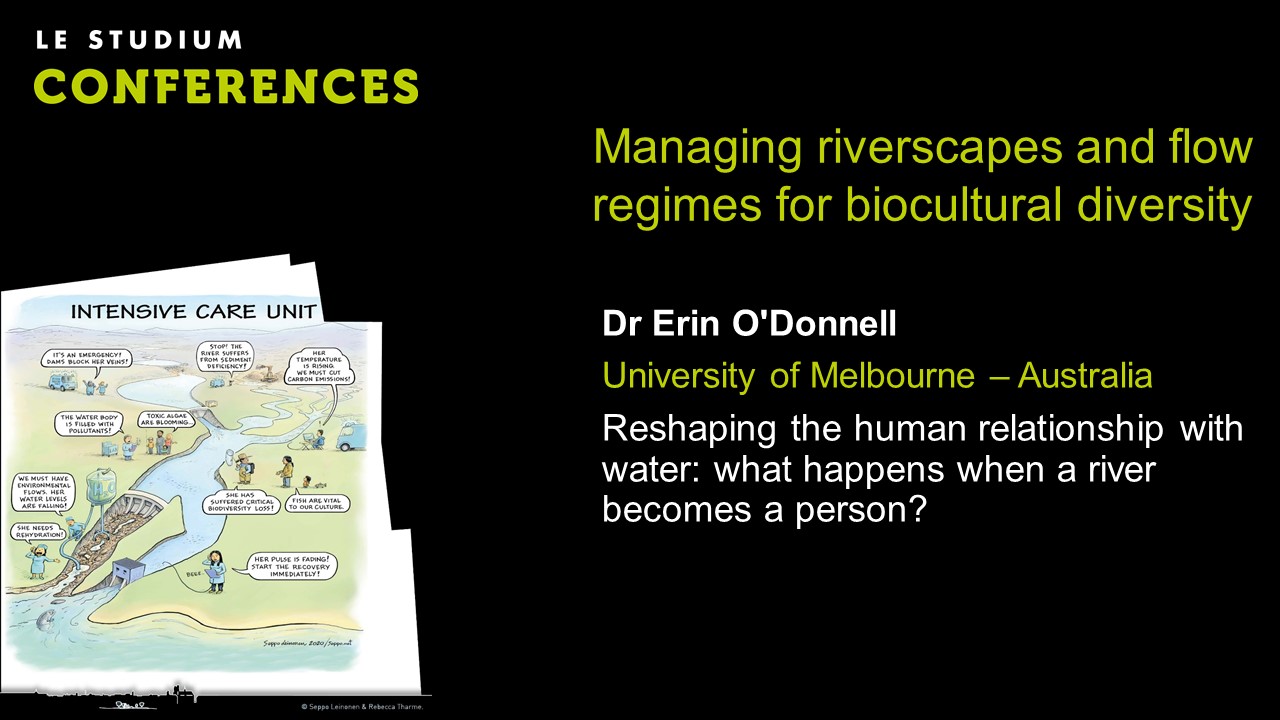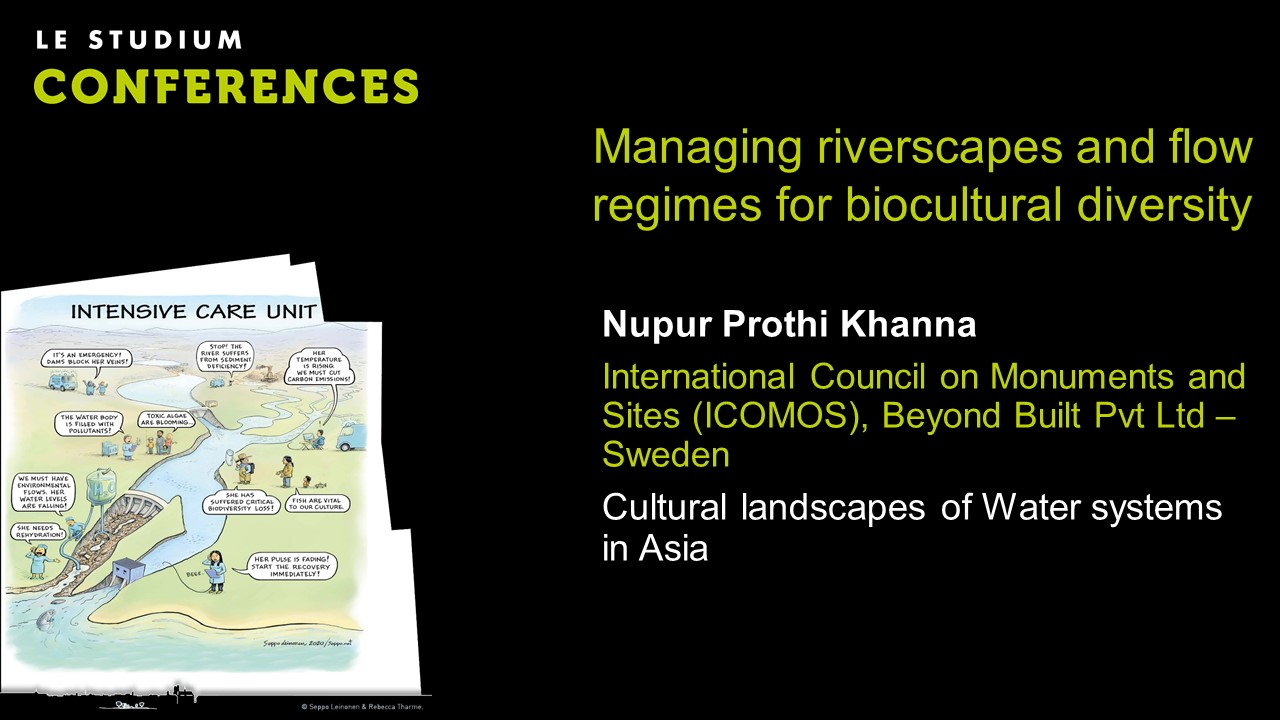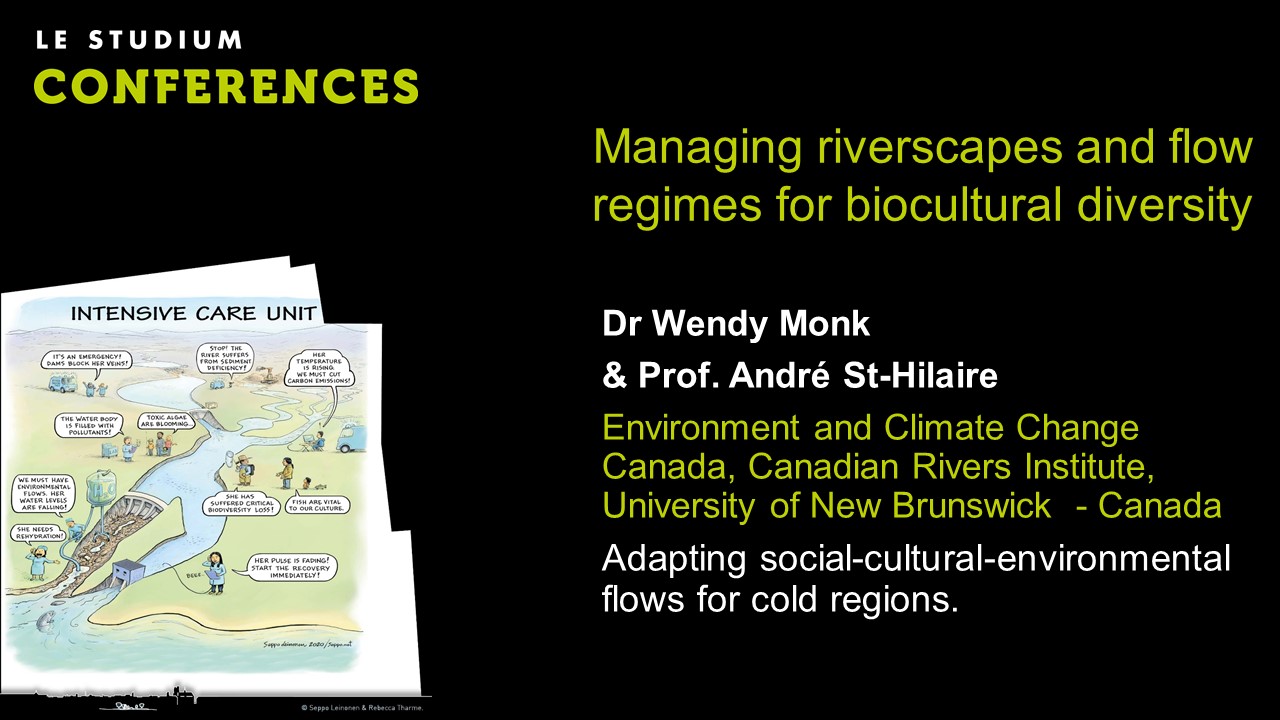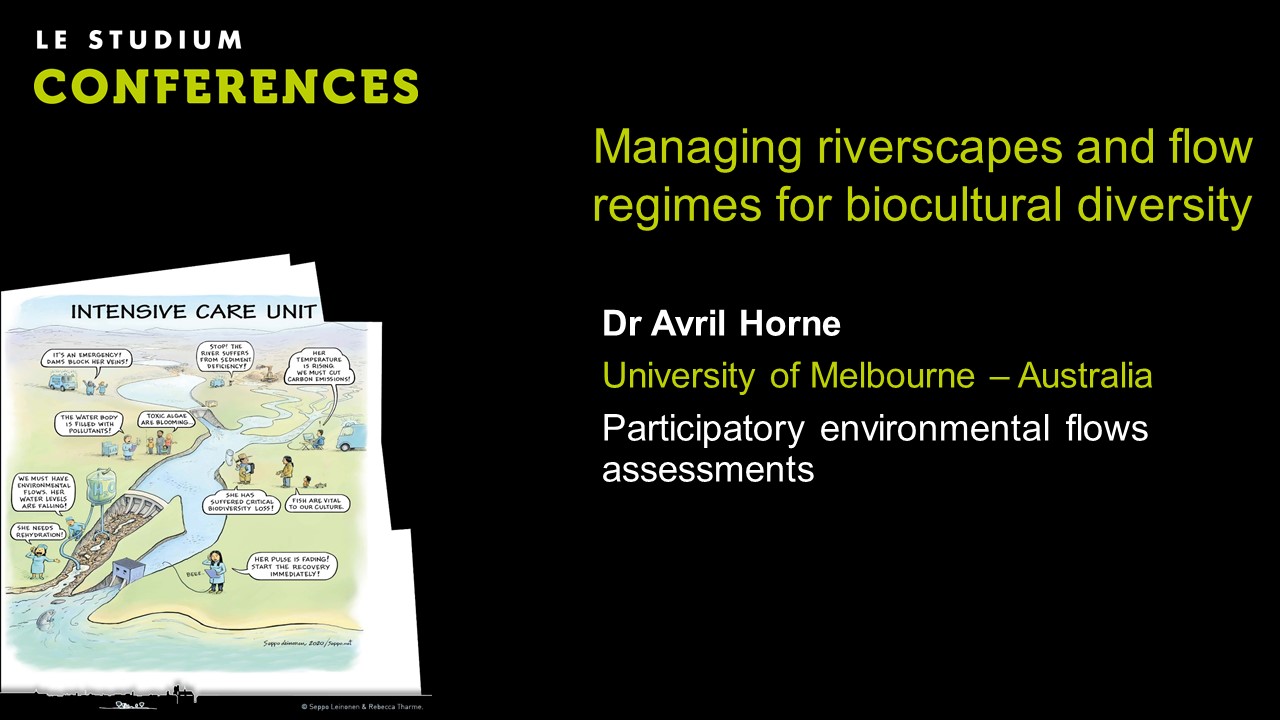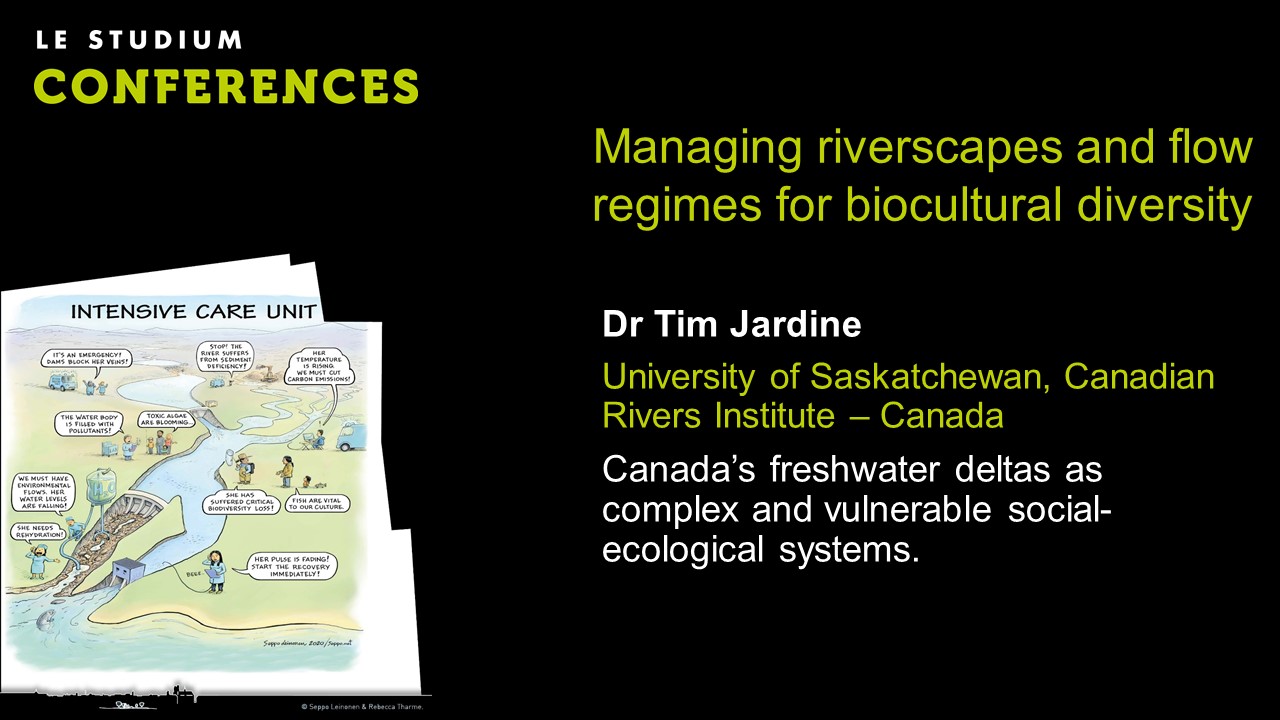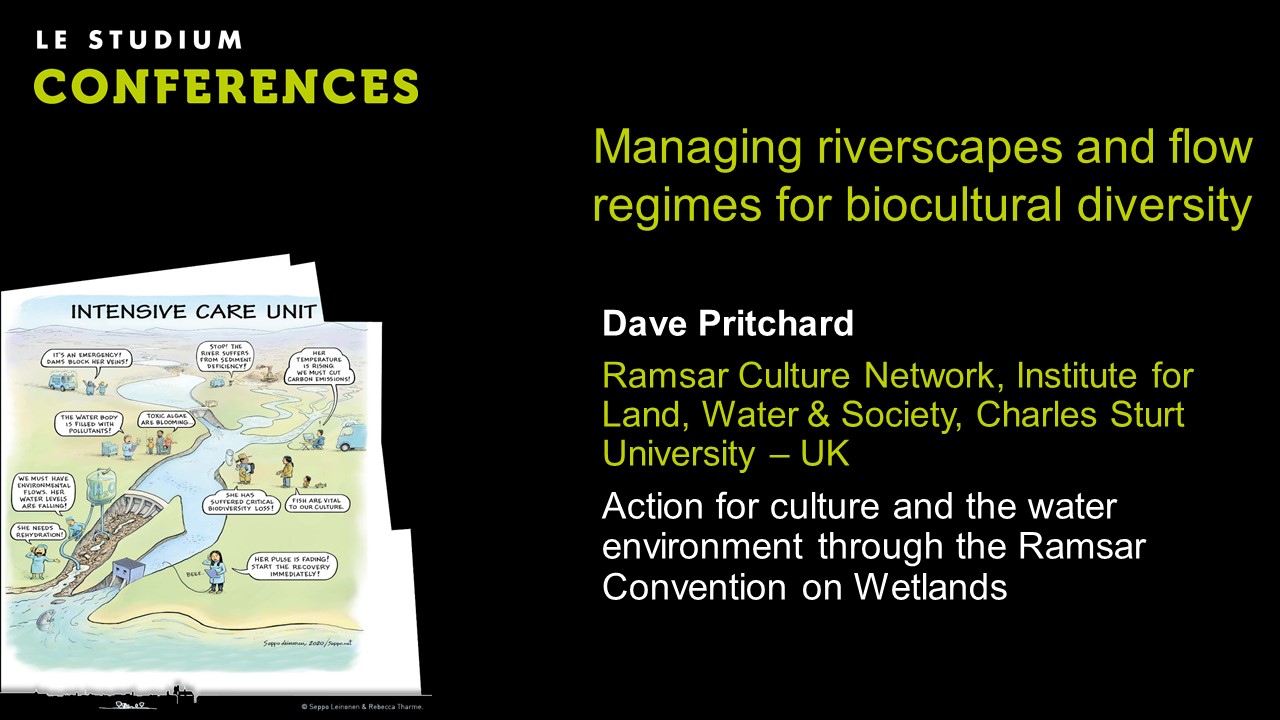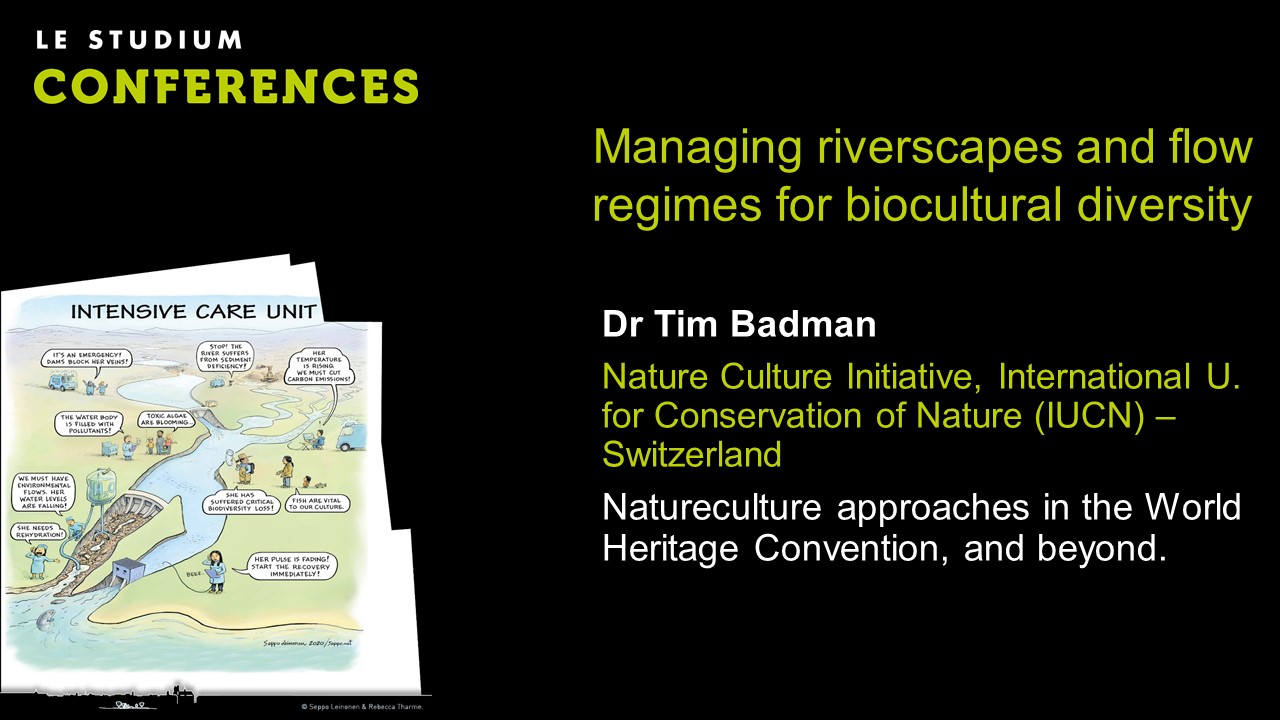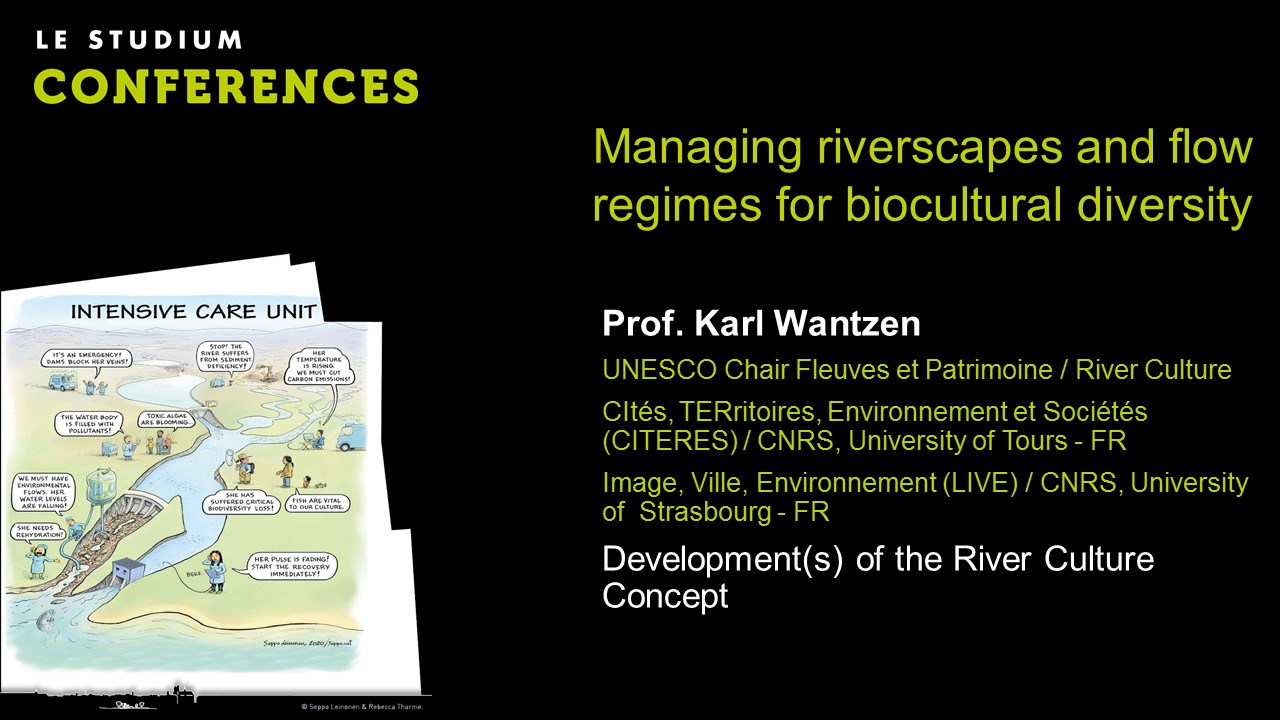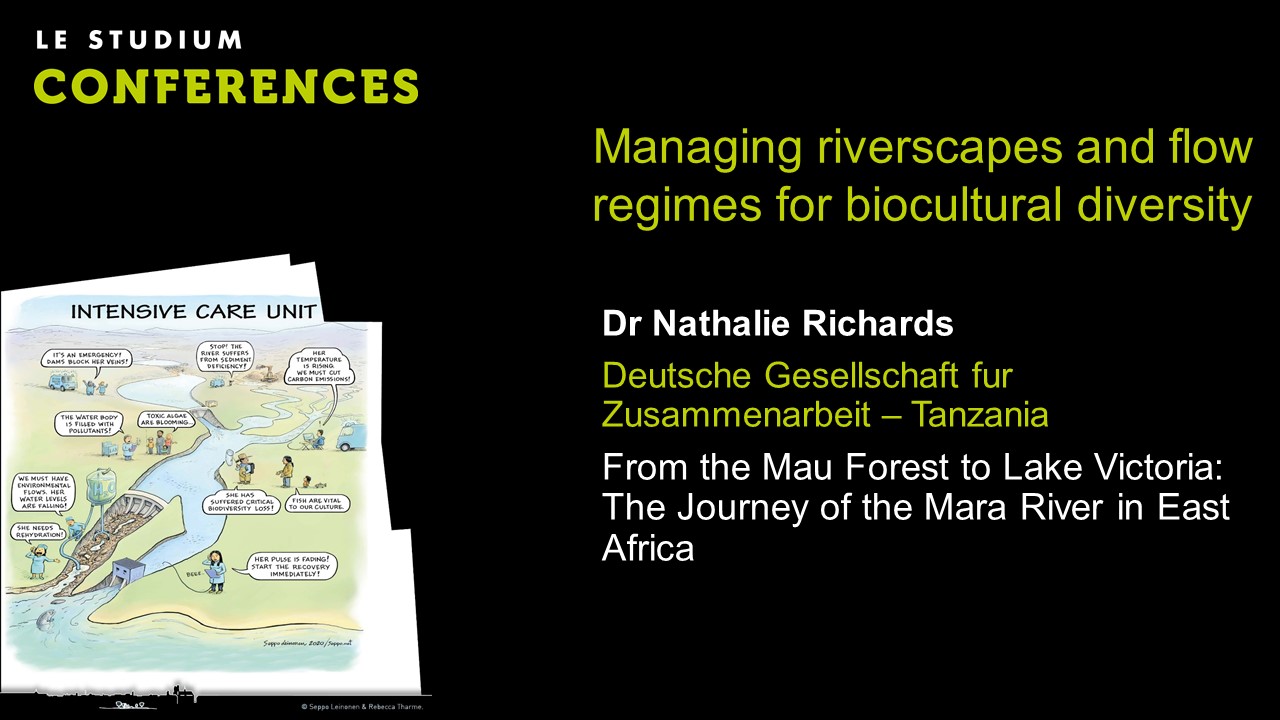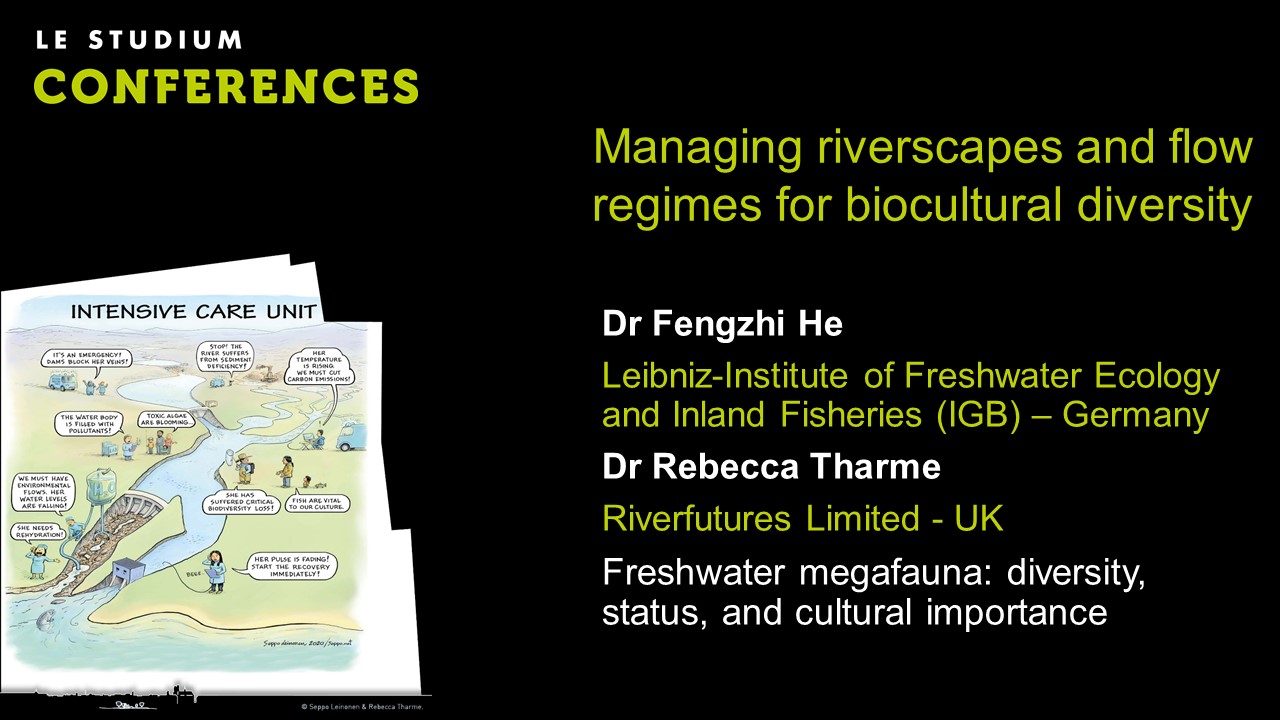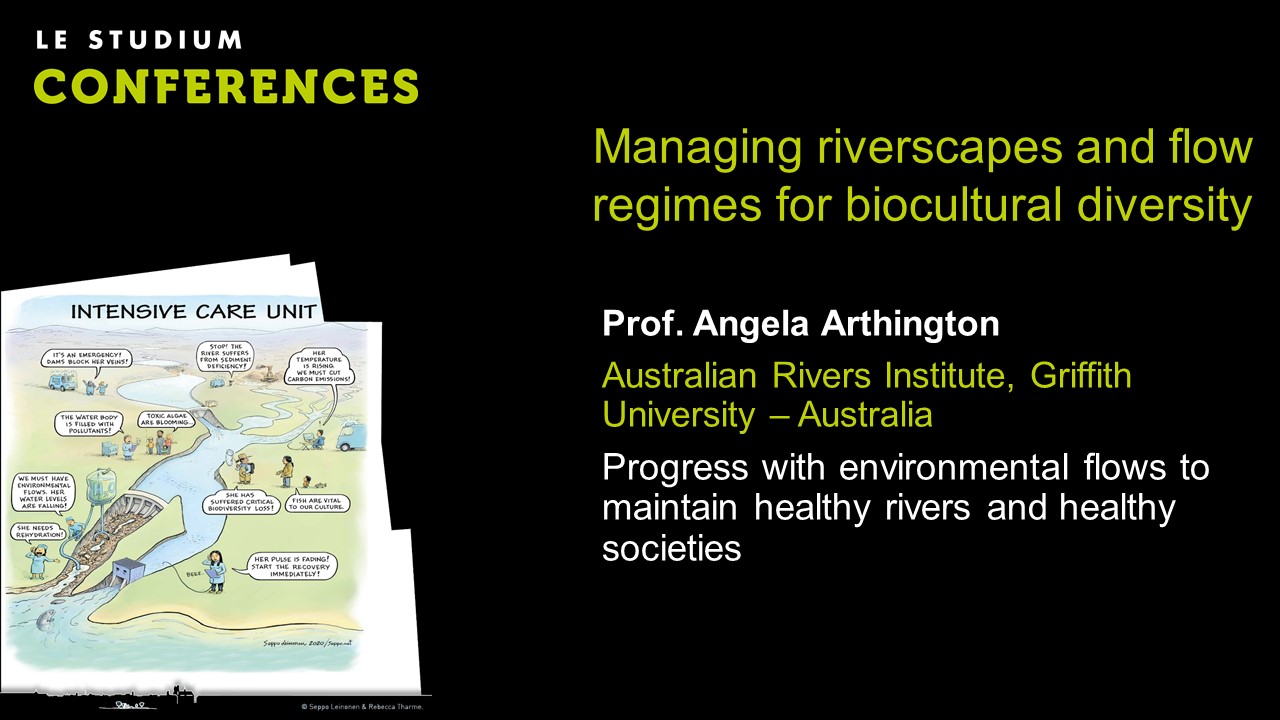Notice
Dr Simone Langhans - Weaving together plural values in freshwater management: a case study of the Upper Clutha catchment in Aotearoa New Zealand
- document 1 document 2 document 3
- niveau 1 niveau 2 niveau 3
Descriptif
Public participation is an effective way to resolve the tensions betweencontested objectives, while maintaining ecological integrity. New Zealand is one of the few countries thattakes a collaborative approach to environmental management, mandating that managementplans for catchments are co-created with local communities based on the conceptte Mana o te Wai. The National Policy Statement for FreshwaterManagement (NPS-FM) gives guidelines on objectives and attributes that must beconsidered to safeguard freshwater values. They also specify minimum qualitystandards, but allow communities to set higher standards and to add moreobjectives. A critical challenge in this process is to successfully account forpotentially conflicting objectives in a framework that supportsdecision-making. Little guidance on this is provided in the NPS-FM, whichleaves the challenge to the Regional Councils to overcome. In my talk I present a participatory decision support framework based on multi-criteria decision analysis (MCDA) that allows the weaving together of differentvalues, objectives and, therefore, different ways of knowing. I illustrate how we implemented the MCDA-frameworkto develop a catchmentmanagement plan for the Upper Clutha catchment in Central Otago. Finally, I talk about whatlessons we have learnt that helpfoster the successful application of the MCDA-framework in other catchmentsacross New Zealand, and worldwide in decision-making situations that want to beinclusive.
Thème
Dans la même collection
-
Dr Erin O'Donnell - Reshaping the human relationship with water: what happens when a river becomes …
Globally, the status of rivers in law is changing rapidly, as rivers themselves are beginning to receive legal rights. This growing transnational movement accelerated in 2017 with the recognition of
-
Nupur Prothi Khanna - Cultural landscapes of Water systems in Asia
In this ‘SDG Decade of Action” we are aiming to facilitate a nature-culture orientation related to water wisdom with a focus on our young citizens. Traditional knowledge related to water has
-
Adapting social-cultural-environmental flows for cold regions.
In northern regions, many rivers remain ice-covered for a period of three to six months and have two distinct low flow periods: mid-winter and mid to late summer.
-
Dr Avril Horne - Participatory environmental flows assessments
Several of the key challenges to implementing environmental flows are related to the social and political context of environmental flows projects. These include community acceptance and buy in,
-
Dr Tim Jardine - Canada’s freshwater deltas as complex and vulnerable social-ecological systems.
In north-western Canada, glacial retreat left behind large lakes that led to the development of three massive freshwater deltas (Peace-Athabasca, Slave and Saskatchewan). The productivity of these
-
Dave Pritchard - Action for culture and the water environment through the Ramsar Convention on Wetl…
The intergovernmental Ramsar Convention on Wetlands celebrates its 50th anniversary this year. Its global treaty provisions and conservation policy frameworks have always been based on the best
-
Dr Tim Badman - Natureculture approaches in the World Heritage Convention, and beyond.
This paper will provide a review of work being undertaken to bring together the consideration of nature and culture in policies, programmes and practices of the World Heritage Convention, and a
-
Prof. Karl Wantzen - Development(s) of the River Culture Concept
Rivers give rhythm to all life in their catchments. Floods and droughts trigger both, etho-physiological adaptations by biota, resulting in biodiversity, and one species, H. sapiens, resulting in
-
Dr Nathalie Richards - From the Mau Forest to Lake Victoria: The Journey of the Mara River in East …
The Mara River starts its journey in the Mau forest in Kenya, flowing through diverse waterscapes and famous savannahs into Tanzania, where it reaches the Mara wetland system before spilling into
-
Freshwater megafauna: diversity, status, and cultural importance
By Dr Fengzhi He and Dr Rebecca Tharme : Megafauna species play important ecological roles. Owing to their intrinsic characteristics such as large habitat requirements, long lifespan, and late
-
Prof. Angela Arthington - Progress with environmental flows to maintain healthy rivers and healthy …
The science and practical applications of environmental flows (e-flows) have advanced rapidly since the early 1980s. E-flows serve as a means to protect the flow regimes and ecosystems of

